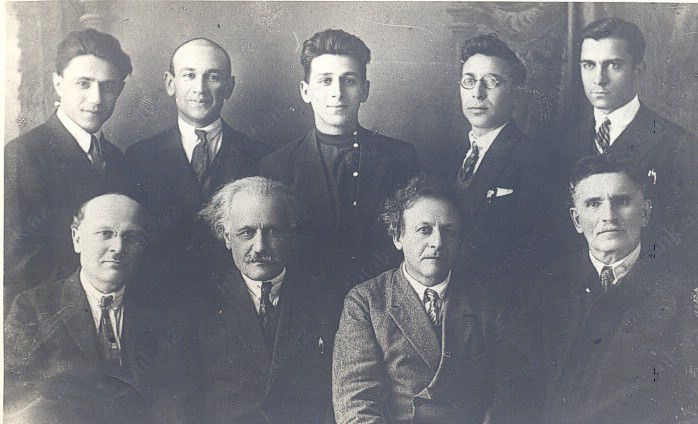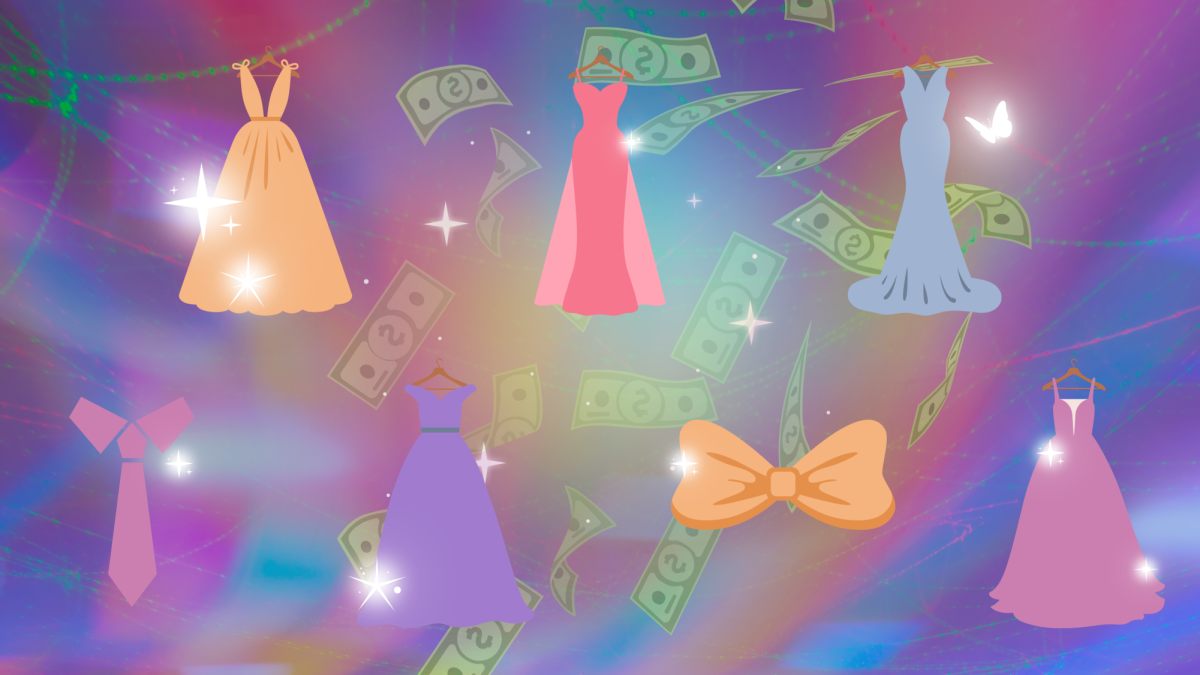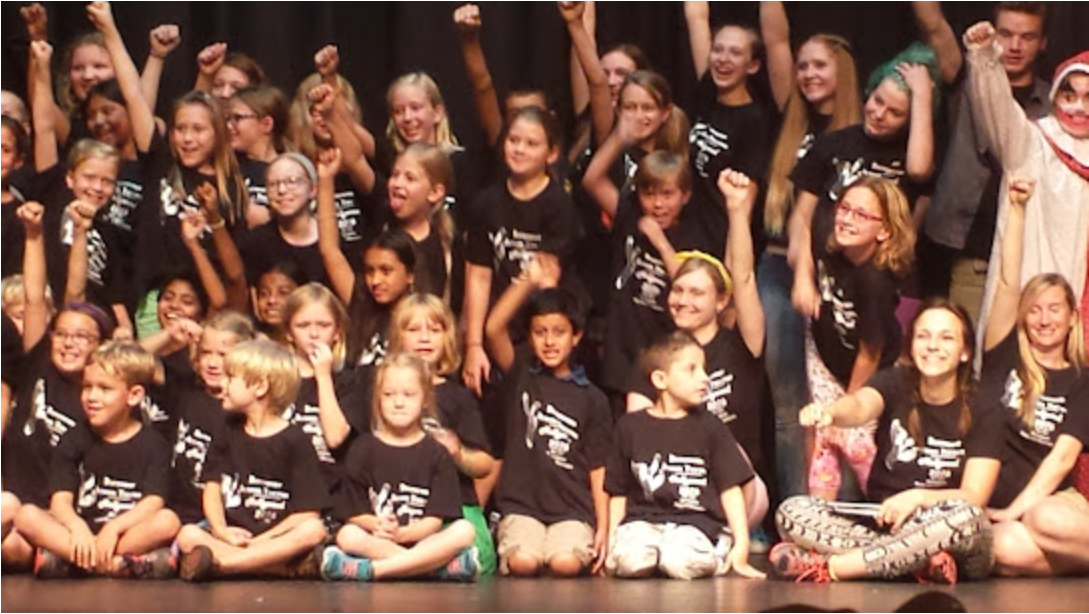Inspired by a recent viewing of one of the cornerstone films in the modern cinematic canon, we became increasingly cognizant of a dangerously repressive culture reflected by the movie. A seemingly innocuous piece about a maverick English teacher at a cloistered boys school, this film is emblematic of a larger problem in both academia and the artistic world: the male intellectual.
Who is the male intellectual, one may ask? You have probably encountered the type in classes, in the halls and in the library after school. They carry themselves as giants with their “Giancoli”s, pausing only to nobly explain a difficult concept to their female counterparts. Above all, the male intellectual is an omnipresent force whether physically embodied by a person or by an intangible iteration of the male lens woven into the fabric of our culture. Dr. Dana Cloud, professor and Director of Graduate Studies at Syracuse University, remarked “I think taken all together, communication scholars on men and masculinity have explored how in capitalist society, and in US capitalism in particular, men struggling with economic precarity often embrace a toxic masculinity that defines them against women in their workplaces and families.” In this particular film, the archetype is portrayed by a group of students at the ultimate crossroads of privilege: wealth, birthright, race, and gender.
Much like its artistic peers such as “The Portrait of an Artist as a Young Man,” the piece features ageless, poignant reflections on a variety of philosophical topics that are so compelling, it is easy to dismiss the troubling implications of their contemporary context. The disquieting aspects of the artistic merits of “The Portrait of an Artist as a Young Man” are not rooted in its philosophy, but rather the method in which it is disseminated and discovered. In this novel and the previously discussed film, the exclusively male cast of developed characters reach their full intellectual consciousness as students by objectifying or otherwise disregarding their female muses. The dynamic of the male intellectual is so deeply engrained in our cultural diet that this worldview becomes an internalized norm for even the most socially conscious thinker.
Dr. Lynne Lundberg, AP Language Composition teacher and former college professor, observed, “The female intellectual is often subject to the same double bind as the woman in any other modern context. Option one: Meet the social standard for femininity – be pretty and nice, qualities which reduce her to the status of object or supporting role, and, therefore, disqualify her as an intellectual [to] her (male) peers. Option two: Flout the social standard of femininity – be ‘unattractive,’ which makes her invisible, or ‘shrill,’ which disqualifies her voice in the ears of her (male) peers.”
From notes, to steps, to pages, to bylines and to canvases, the portrayal and voice of women has been confined to a male lens for most of human history. This legacy of silencing manifests itself more subtly in the modern age, demanding greater consciousness from a scholarly audience who believe themselves exempt from this sentry. Academia is not an inherently an anti-feminist institution, but its history suggests otherwise.
“For so, so long it was only men who were getting published, and rarely did they write about anything other than the testosterone-driven journeys of epic heroes or the quest of a hardened man out for revenge or trying to save or change the world,” said AP Literature teacher John Hoty. “Thankfully we have embraced the female voice — within prose, poetry, music and film — for finally enriching the conversation. […] Without a woman’s voice in the canon, the moral and romantic landscapes would be completely unilateral.”
While we may enjoy these artistic and academic compositions by removing them from the societal exigence of feminist issues, it is imperative that the viewer acknowledges Art’s perpetuation of troubling worldviews that have existed since the dawn of time. So we say to you, dear audience, as the film’s teacher said to his, “Don’t be resigned to [male intellectualism]. Break out!”


















